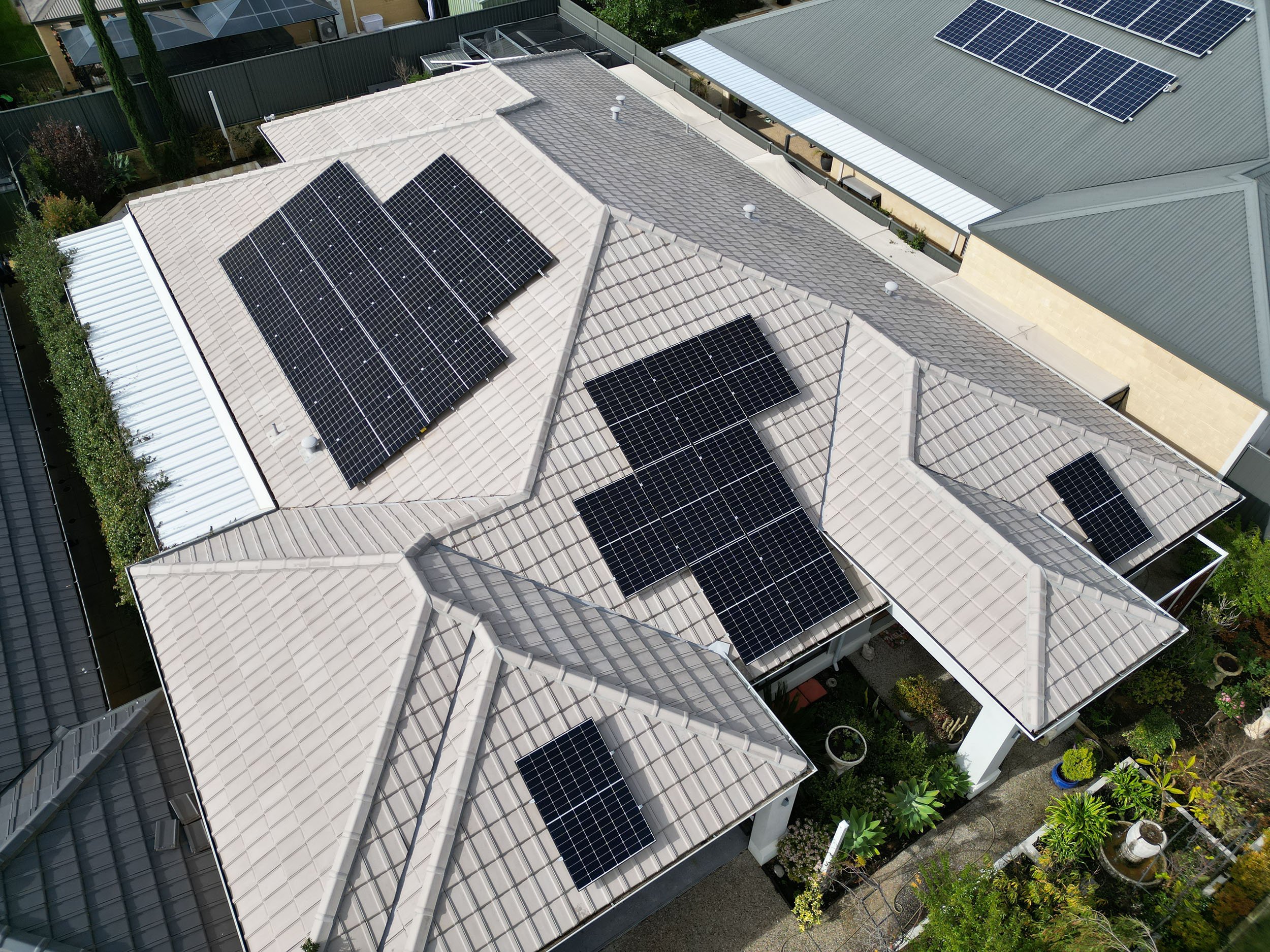How do solar panels work? solar panels explained.
Switching to solar energy is an exciting step towards sustainability and cost savings. But how do solar panels actually work?
the basics of solar energy
Solar panels, also known as photovoltaic (PV) panels, convert sunlight into electricity using the photovoltaic effect. This process occurs within the solar cells, which are primarily made from silicon, a semiconductor material crucial for converting light into electrical energy.
how solar panels generate electricity
Sunlight Hits the Solar Cells: Each solar panel is composed of multiple solar cells. When sunlight hits a solar cell, the energy from the light is absorbed by the semiconductor material.
Generation of Electric Current: The absorbed sunlight knocks electrons loose from their atoms within the silicon cells, generating an electric current. This flow of electrons is what we call an electric current.
Direct Current (DC) to Alternating Current (AC): The electric current generated by the solar cells is in the form of direct current (DC). However, most homes and appliances run on alternating current (AC). An inverter converts the DC into AC so it can be used in your home.
Powering Your Home: The converted AC electricity flows from the inverter to your home’s switchboard, where it is distributed to power your appliances and lights.
Excess Energy Storage: If your solar panels generate more electricity than you use, the excess can be stored in a battery system for later use or fed back into the grid.
COMPONENTS OF A SOLAR PANEL SYSTEM
Solar Panels: The main component that captures sunlight and converts it into electricity.
Inverter: Converts DC electricity produced by the solar panels into AC electricity used by your home.
Battery Storage (optional): Stores excess electricity generated during the day, for use during non-sunny periods or power outages.
Mounting Equipment: Secures the solar panels to your roof or ground.
Monitoring System: Tracks the performance of your solar panel system.
FACTORS AFFECTING SOLAR PANEL EFFICIENCY
Several factors can influence the efficiency of your solar panels:
Orientation and Tilt: In Australia, panels should ideally face north to maximise sun exposure. The tilt should be adjusted according to your latitude.
Shading: Even partial shading from trees or other obstructions can significantly reduce the efficiency of your panels.
Maintenance: Keeping your solar panels clean and free of debris ensures they work at peak efficiency.
BENEFITS OF SOLAR ENERGY
Cost Savings: Solar energy can significantly reduce your electricity bills. With the right system, you can generate most or all of your electricity needs from solar power.
Environmental Impact: Solar energy is a clean and renewable resource that reduces your carbon footprint and reduces reliance on fossil fuels.
Energy Independence: With a solar panel system, especially one paired with battery storage, you can reduce your dependence on the grid and have a reliable power source during outages.
CONCLUSION
Understanding how solar panels work can help you make informed decisions about investing in solar energy. By harnessing the power of the sun, you can enjoy significant cost savings, contribute to a greener environment and gain energy independence.
If you’re ready to explore solar energy further, contact Millennial Power Group for a consultation and take the first step towards a sustainable and cost-effective energy future.

